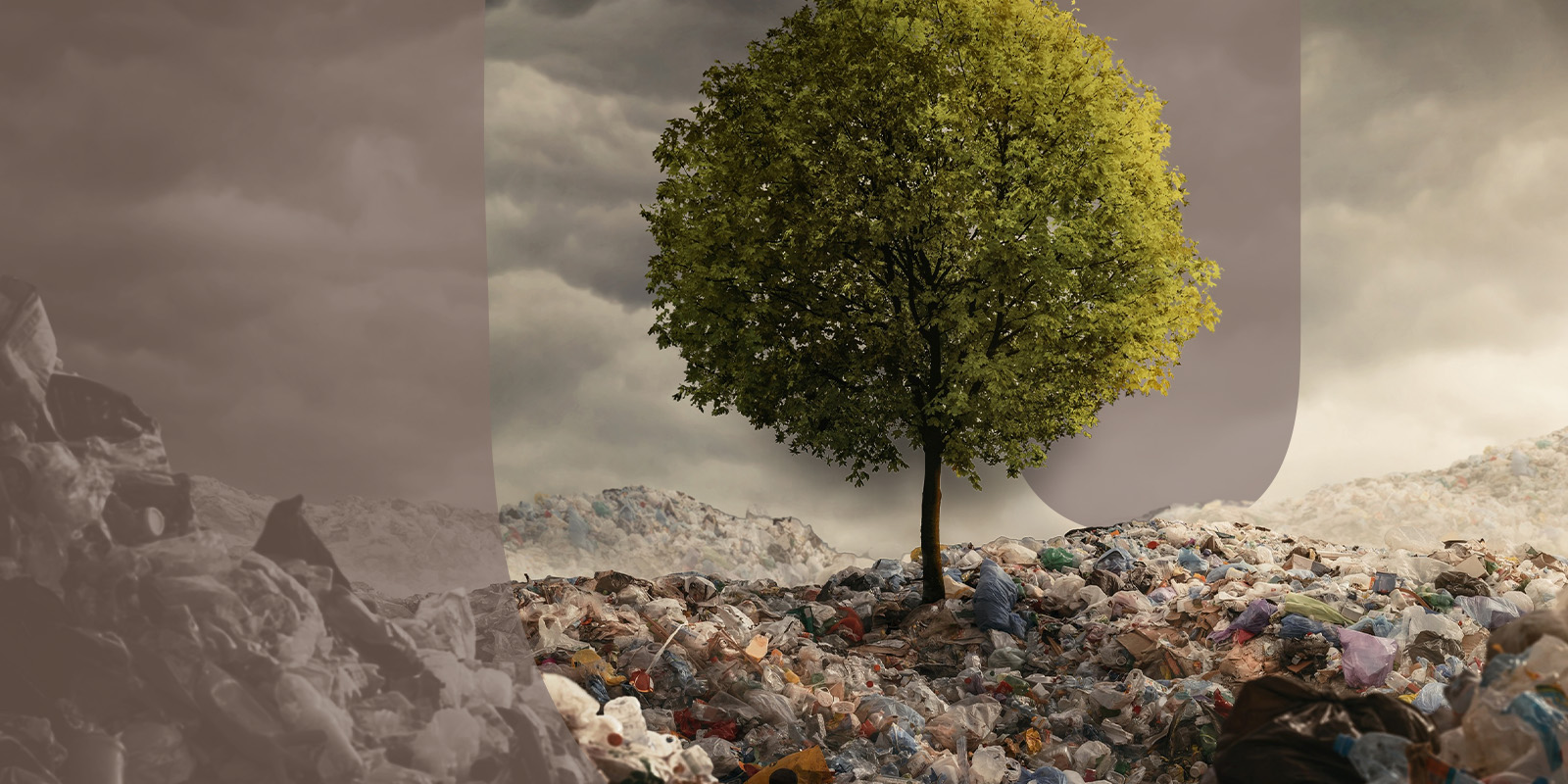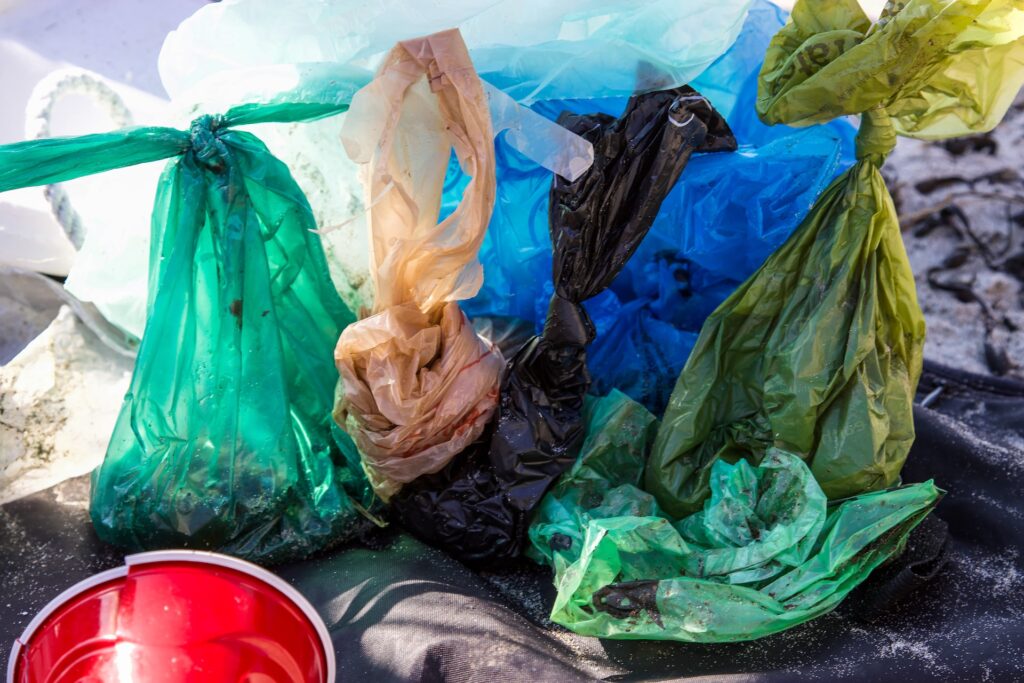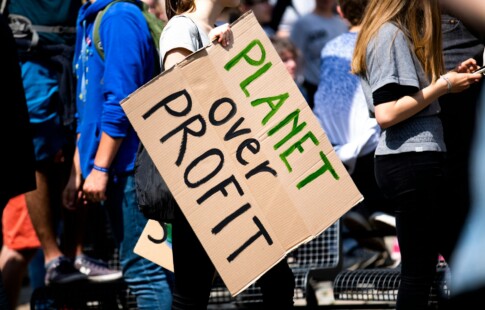
Here’s Why Plastic Bags Should Be Banned
We are reader-supported. When you buy through links on our site, we may earn affiliate commission.
Every day, millions of people head to their local grocery stores, clothing stores and malls to purchase whatever items they need or want. Many of those people rely on the convenience of each store’s plastic bags. Instead of carrying a bunch of cumbersome items with their hands, they can place those items in plastic bags and carry them for ease and efficiency. However, too much of something isn’t a good thing, and many believe plastic bags should be banned.
Plastic bags have become part of modern life, and you may not think much about them. However, what happens to them once they reach their destination inside someone’s home? Where do the two million plastic bags that are used every minute around the world end up?
Often, people take those plastic bags and keep them in some location in their home, like a kitchen drawer or closet. Other plastic bags end up in the environment, being blown about by the wind. Neither place is beneficial for anyone, which is why plastic bags should be banned for good.

They Pollute the Land and Water
You can find plastic bags nearly anywhere. If you step outside in a city, you’ll probably notice that plastic bags litter the streets and sidewalks. Even in rural areas or along interstates, you can see plastic bags tangled in trees. They lay in parks, forests, yards and float down waterways.
Plastic bags are so lightweight that they can travel for miles in the wind. Often, they end up in the ocean, where they begin to pile up and cause water pollution. These bags are unsightly, and they cause a lot more problems than you may know.
They Never Break Down
Another reason to ban plastic bags is that they never break down. Plastic shopping bags are based on petroleum and are made from synthetic materials that are resistant to nearly everything — except that box of cereal that creates a hole in them. These polymers could take up to 1,000 years to decompose fully. They may even take longer.
When plastic bags are tossed around in nature, they leave behind smaller pieces of plastic that deposit in soils and water used for farming. These particles are everywhere. They’ve even been found at the top of Mount Everest and in the intestines of plankton in the ocean, meaning that they’re probably inside your body, too.
They Contribute to Climate Change
Plastic bags derive from non-renewable resources. They take up a lot of energy to make. Each time you use a plastic bag or accept one in the grocery store, you’re participating in that waste of energy and contributing to the depletion of natural resources. It doesn’t seem like taking a few bags would do any harm, but over time, it adds up.
These bags come from materials like crude oil and natural gas, and each year, they require about 12 million barrels of oil to make them. They need to be extracted from the ground before being used to manufacture plastic bags. During the process, they emit greenhouse gases that add to air pollution and also contribute to climate change.
They Harm Animals
Remember how plastic bags get into the natural environment, polluting nearly every part of the world? This means that they’re entering animal habitats, posing a danger to animals’ lives. Plastic bags are often mistaken for food by animals and marine life, or the bags may have some leftover food in them that animals try to get.
Wild animals don’t know that they aren’t supposed to eat plastic bags. They also don’t know that they could quickly become entangled if they step on one, leaving them injured or causing death. If plastic bags are banned, the animals will thrive without plastic getting in their way.
They Affect Human Health
In addition to harming animals, plastic bags also affect human health. Tiny particles of plastic have been found in humans. They enter the food supply because animals are eating them. When humans eat meat, they’re likely getting those plastic bag particles from their food, therefore plastic enters their bodies.
Scientists still are unsure what kind of damage plastic particles can do to the human body. They could add stress to the liver and affect absorption in the digestive tract. Also, the plastic bags entering waterways can clog them, which increases the risk of water-borne diseases.
They Can Be Replaced with Alternatives
Perhaps the most apparent reason to ban plastic bags is because you can easily replace them with alternatives. Plastic bags are costly to clean up, and they’re not easy to recycle, so they never really go away. However, if the production of plastic bags stops, it will be much easier to get rid of them than to have them keep piling up.
There are so many other materials that can be used to make shopping bags. For example, many stores sell reusable shopping bags that last a lifetime. They’re sturdy and can be used over and over for any shopping trip. Each time you reuse a bag, you’re committed to conserving resources and reducing waste.
Stop Using Plastic Bags
You can be part of an environmental change by simply switching your shopping routine and using reusable shopping bags. Spread awareness of how plastic bags affect the environment, human health and the planet, and encourage others to limit their use of single-use plastic bags.
Original Publish Date 10/4/2021 — Updated 4/22/2024
Share on
Like what you read? Join other Environment.co readers!
Get the latest updates on our planet by subscribing to the Environment.co newsletter!
About the author

Jane Marsh
Starting from an early age, Jane Marsh loved all animals and became a budding environmentalist. Now, Jane works as the Editor-in-Chief of Environment.co where she covers topics related to climate policy, renewable energy, the food industry, and more.





